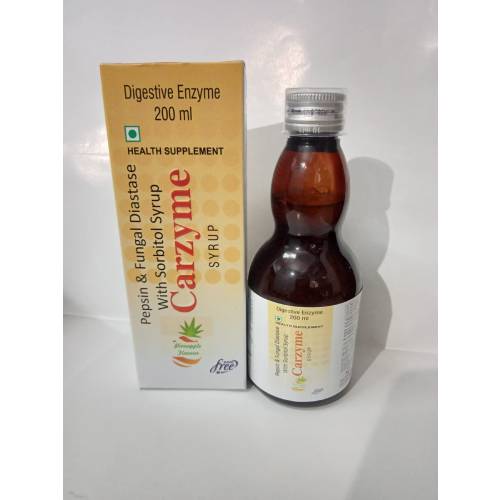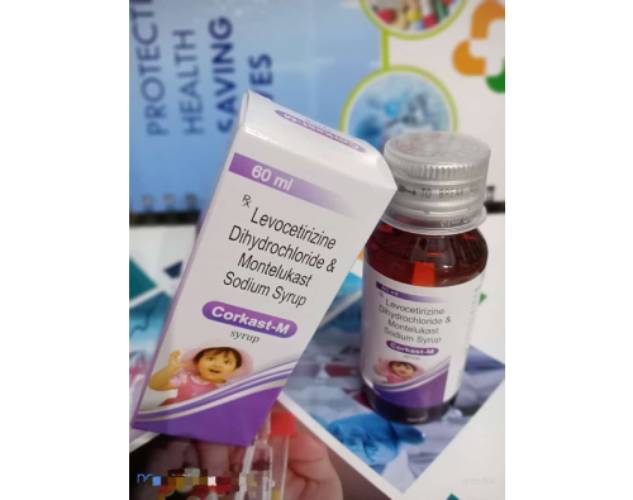- janaxapharma@gmail.com
- +91-8283847711
- S.C.O. 501, 1st & 2nd floor Motor Market, Sector 13, Chandigarh, 160101

Disodium Hydrogen Citrate Syrup comes with the branding “ALKAL” and is a urinary alkaliser used in the management of renal tubular acidosis, gout, and kidney stones. Kidney stones are small, mineralised formations that include calcium, phosphate and other earth’s salts, that clump in concentrated urine. Renal tubular acidosis is one of the diseases, which point to the ability of kidneys to secrete acids in the urine; in this case, blood retains its acidity.
Disodium Hydrogen Citrate Syrup contains disodium hydrogen citrate, which, metabolises to bicarbonate and raises the level of free bicarbonate ions; in the urine, the solubility of cysteine is enhanced and uric acid is ionised to soluble urate ion. This aids in raising the pH of urine hence making it less acidic.
Medical Benefits
- This medicine belongs to the category of medicines known as urinary alkalisers and is used for renal tubular acidosis gout and kidney stones.
- It includes disodium hydrogen citrate that gets metabolized to bicarbonate and enhances the elimination of free bicarbonate ions; this enhances the solubility of cysteine in the urinary system and ionizes uric acid to soluble urate ions. This aids in increasing the urinary pH thus making them less acidic.
- This syrup can also be used to treat Urinary Tract Infections.
Directions For Use
- Before using this medicine, shake the bottle well.
- Swallow it whole with water and use the measuring cup, dropper, or syringe that your doctor gives you as instructed.
Storage
- This medication should also always be stored in a cool, dry place and should not be exposed to direct sunlight or heat.
- Ensure that the lid is placed properly every time it is closed to ensure the contents remain fresh and strong.
- Disodium Hydrogen Citrate Syrup should therefore be stored in a place out of reach of children to prevent cases of ingestion.
Precautions
- It is advised to go to your doctor in case you are using this syrup because it can cause an interaction with diuretic (furosemide), antibiotics (tetracycline), anti-arrhythmic (quinidine), adrenergic agonists (ephedrine), decongestant (pseudoephedrine), barbiturates, salicylates, and corticosteroids.
- Alcohol intake is not allowed while using Disodium Hydrogen Citrate Syrup.
- If you have any concerns about this, please ask your doctor; your doctor will only prescribe medication if the benefits are worth it.
- Before starting this medicine you should consult your doctor if you are pregnant or if you are breastfeeding your child.
- Avoid eating spinach, nuts, okra, dates, avocado, hot chocolate, cocoa, baked potato, French fries, and cereals as they may cause oxalate stones.
Side Effects
- Tiredness
- Vomiting
- Abdominal discomfort
- Diarrhoea
- Nausea
Frequently Asked Questions (FAQs)
I am currently experiencing a problem with high blood pressure; can I take ths medicine?
It contains sodium, therefore, use it under the doctor’s supervision if you have a low-sodium diet or high blood pressure.
Can I stop taking this medicine if I feel well ?
Continue to take it as your physician instructed you to, even if you start to feel better. If you have any side effects while on it, consult with your doctor.
Can this medicine lead to diarrhoea?
Diarrhea is one possible side effect of it. If this occurs, one should take a lot of water and take bland meals. If you experience passage of blood with stools or severe diarrhoea, you should consult your doctor. Diarrhoea is highly recommended that you do not take this anti-diarrhoea medicine without consulting your doctor.
Can I take this syrup if I have a urinary tract infection?
Consult with your doctor if you already have a urinary tract infection as it alters the pH level of your urine, and this is the perfect environment for bacteria to thrive.
| Packing | 100ML |
|---|
Related products
Our Range
- ANTI-ALLERGIC66 products
- ANTI-FUNGAL66 products
- ANTI-INFLAMMATORY88 products
- ANTIBIOTIC4141 products
- CAPSULES1818 products
- COUGH SYP44 products
- Dental11 product
- ENERGY DRINK22 products
- GASTRO1111 products
- GYNAE PRODUCT1515 products
- INJECTABLES2828 products
- NANO SHOTS33 products
- NUTRITIONAL SUPLIMENTS66 products
- PAIN RELEIF22 products
- PEDIATRIC PRODUCT1111 products
- Serum88 products
- SOAP11 product
- SOFT GEL CAPSULES1010 products
- SYRUP3737 products
- TABLETS6464 products
- VITAMIN AND MINIRALS2222 products
Recent Posts
- Gastrointestinal Products List in India
- Pediatric Products List
- Top 10 Face Serum Brands in India
- Top 100 Pharma Companies in Visakhapatnam
- Top 50 Pharma Companies in Kolkata
- Top 70 PCD Pharma Companies in Himachal Pradesh
- Top Pharma Companies in Goa
- Derma PCD Franchise in Ambala
- Derma PCD Franchise Company in Himachal Pradesh
- Derma PCD Franchise Company in Gujarat





